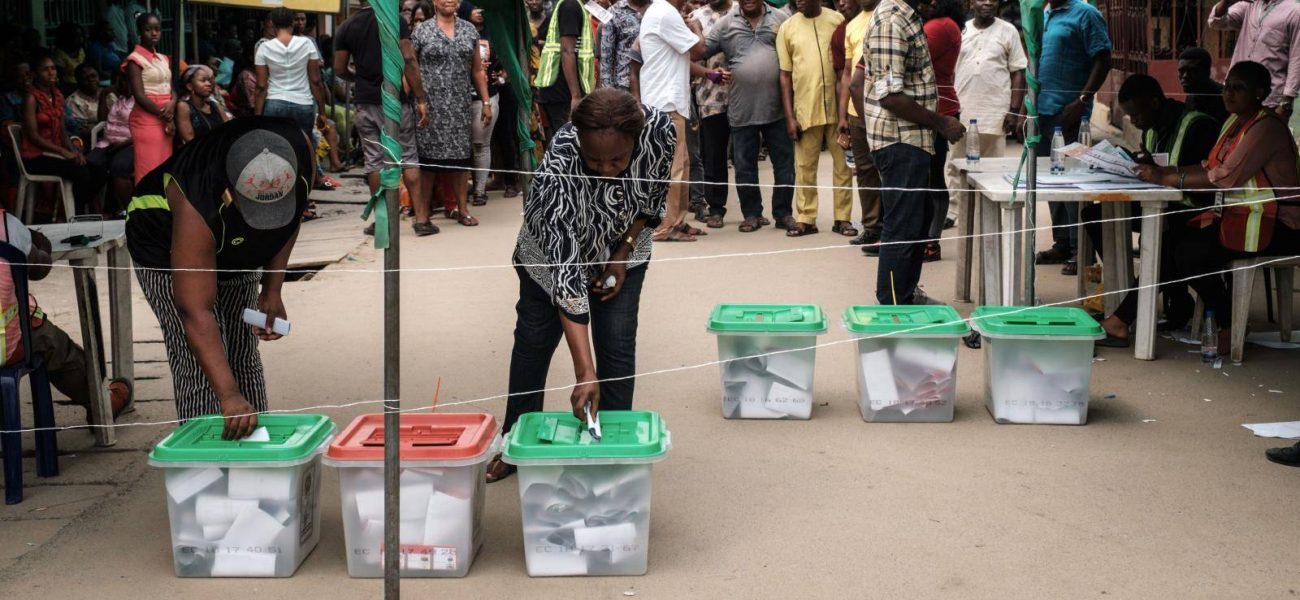As Nigeria moves steadily towards the 2027 general elections, the country’s political parties are in disarray, marked by uncertainty of leadership in key parties and an emerging scramble for elective positions, particularly the potential contention over the role of running mate to President Tinubu, who appears to be coasting toward an unchallenged candidacy within the All Progressives Congress (APC). Rather than consolidating their structures for what promises to be a high-stakes election, leading opposition parties remain mired in leadership crises and factional disputes, while the APC itself faces internal wrangling that threatens cohesion ahead of the polls.
The People’s Democratic Party (PDP), once the dominant political force in the country, continues to be weighed down by persistent divisions that have eroded public confidence in its ability to present a unified front. The aftermath of its presidential primary in the run-up to the 2023 general elections saw a bitter fallout, as key stakeholders voiced grievances over perceived injustices in the process and the party’s failure to adhere to its zoning arrangement. The controversy surrounding the emergence of Atiku Abubakar as its flagbearer, without resolving the North-South rotation debate, triggered a wave of dissent that fractured party cohesion. The party has not regained stability since then. Efforts to reconcile with aggrieved members have not yielded meaningful results, leaving the party in a weakened state ahead of the polls.
Similarly, the Labour Party (LP), which surged to prominence on the back of a youth-driven movement, has not been spared from internal turbulence. Despite an initial wave of enthusiasm that energized its base, the party has since struggled with allegations of mismanagement, leadership tussles, and questions over the transparency of its operations. The emergence of parallel party executives and the persistent infighting among party officials have raised concerns about its capacity to sustain a credible campaign infrastructure nationwide. The momentum the party once had now appears to be under threat from within, as disagreements over control and direction continue to undermine its stability.
On the other side of the aisle, the APC, though seemingly more organized on the surface, is not without its own internal complexities. While President Bola Ahmed Tinubu appears to be coasting home to an unchallenged candidacy within the APC, attention has now turned to the likely internal squabble for elective seats, particularly the selection of his running mate. This decision, seen as a strategic balancing act with significant implications for regional and religious representation, has already ignited behind-the-scenes lobbying and jostling among influential party figures. The tension was palpable in a recent high-profile party meeting in the North-East, where what began as a routine gathering quickly descended into disarray following disagreements over certain key endorsements, highlighting the fault lines that remain unresolved within the party’s ranks.
Further compounding the situation within the APC is the gale of defections from opposition parties, as politicians seek to align themselves with the ruling party in anticipation of its continued dominance. While this wave of political migration may seem like a show of strength, it is also a double-edged sword. As more interests converge within the party, the competition for tickets and influence is bound to intensify. The influx of new entrants, each with their own ambitions and power blocs, has only deepened the complexity of internal negotiations and heightened the stakes for party consensus. What results is an atmosphere thick with rivalry, as longstanding members and new aspirants alike position themselves for relevance ahead of party primaries.
With about one year to political party primaries, the failure of parties to resolve their internal contradictions not only threatens their electoral fortunes but also poses broader questions about the health of Nigeria’s democratic process. When parties are consumed by internal strife, the focus inevitably shifts from policy debates and governance issues to personal and factional battles, leaving citizens with limited options grounded in ideology or clear developmental vision.
The coming months will be critical in determining whether Nigeria’s democracy will be deepened through issue-based politics or further undermined by the recurring cycle of disunity and elite-driven contestations that have become all too familiar.

